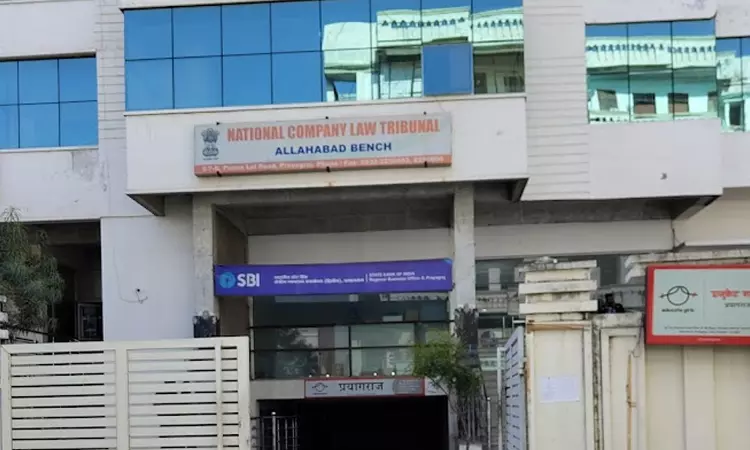The National Company Law Tribunal, Allahabad Bench, comprising Shri Praveen Kumar Gupta (Judicial Member) and Shri Ashish Kumar Verma (Technical Member), held that proceedings under ESI Act cannot be initiated after admission of the corporate debtor into insolvency. In this case, an order passed by ESI authority was challenged by Resolution Professional (RP) in which the authority...

